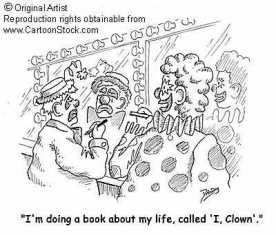Modifications and Parodies of Asimov's Three Laws |
Though the Three Laws provided Asimov with 29 different ideas, he did occasionally modify the laws to allow for more stories. In his novel The Naked Sun, the main character Elijah Baley altered the First Law so that robots could not unwillingly break it: 1. A robot may do nothing that, to its knowledge, will harm a human being; nor, through inaction, knowingly allow a human being to come to harm.
Adding the Zeroth Law Asimov added the Zeroth Law, in his robot novel Robots of Dawn, so that the robots could deal with an understanding of humanity. Because it encompasses all of humanity, the Zeroth Law supersedes the Three Laws: 0. A robot may not injure humanity, or, through inaction, allow humanity to come to harm. 1. A robot may not harm a human being, or, through inaction, allow a human being to come to harm, unless this would violate a higher order law. 2. A robot must obey orders given it by human beings, except where such orders would conflict with a higher order law. 3. A robot must protect its own existence as long as such protection does not conflict with a higher order law. (Robotics Research Group) The first robots to be programmed with and abide by the Zeroth Law found that it destroyed their positronic brains, but once the robots discovered that the Zeroth Law could not be programmed into their brains but must instead be achieved by rationalization, they had no trouble obeying it.
Roland C. Wagner’s Three Laws of Robotic Sexuality John Sladek’s “Three Laws of Robish” The “Repo Code” in Repo Man (1984) |
| If you like parodies, you might check out PHDcomics' "Newton's Three Laws of Graduation" |
